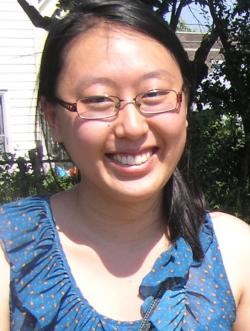- Explored the mortgage foreclosure process in Erie County.
- Compiled and analyzed data on the amount of time it took for the average foreclosure case in 2012 to be resolved, along with other characteristics of the cases, such as where the foreclosure cases originated and who originated the loans.
- Contributed to a report of policy recommendations with supporting data evidence of how to address the issue of how long it takes cases to move through the foreclosure process.
- Through the Center’s CLARO project, which provides one-on-one consultation for people with debt problems so that they can represent themselves in court, met with clients to capture their experience with the foreclosure process to better understand barriers and opportunities for intervention.
"Initially, I was interested in the High Road program because of my interest in research, and a desire to learn how research could be used to promote policy. I’m excited to work with the Western New York Law Center (WNYLC) because they’re using both quantitative and qualitative data to support causes, for example by combining statistics with storytelling.
While my classes at Cornell have provided a clear picture of the outcomes of social justice movements, I’m more interested in the nitty-gritty of how such movements begin and grow. Throughout my Cornell career, I’ve honed my research and critical analysis skills, which I know will serve me well in my work at the WNYLC.
I think that the High Road method means devoting oneself to the task at hand, using our vision of the end result to push past the low points and setbacks. It’s about drawing strength and positivity from knowing that the work we do promotes the public good. What is most satisfying about my work at WNYLC is knowing that it will have a real, positive impact on someone’s life. "




